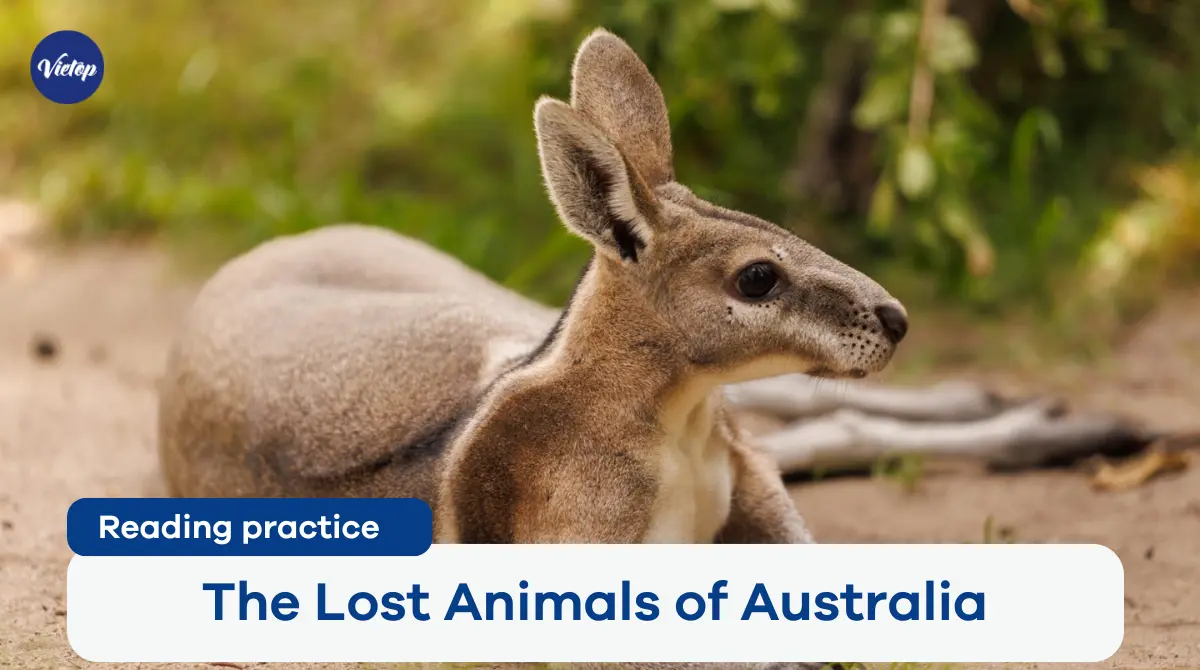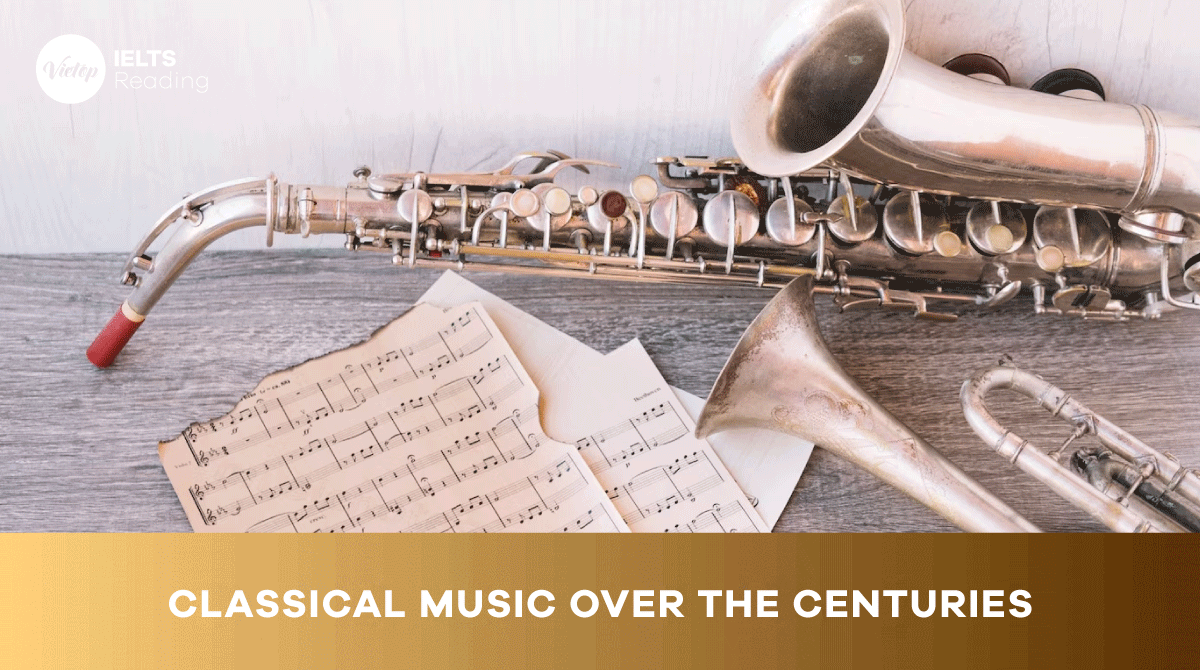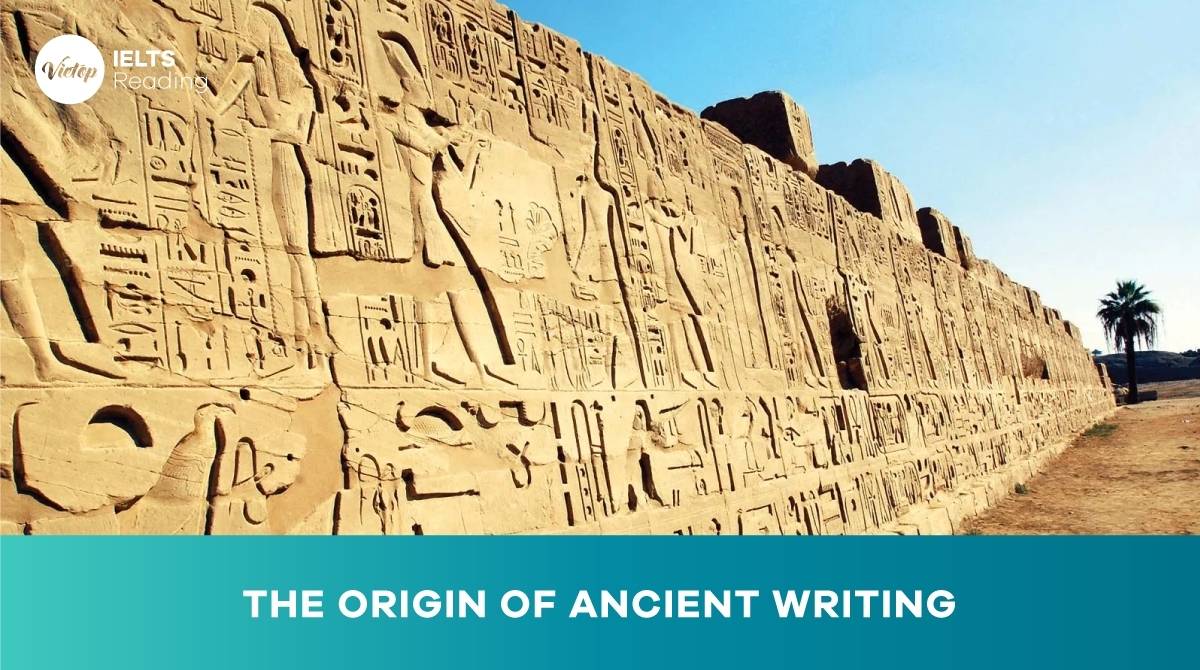A
Of all mankind’s manifold creations, language must take pride of place. Other inventions -the wheel, agriculture, sliced bread – may have transformed our material existence, but the advent of language is what made us human. Compared to language, all other inventions pale in significance, since everything we have ever achieved depends on language and originates from it. Without language, we could never have embarked on our ascent to unparalleled power over all other animals, and even over nature itself.
B
But language is foremost not just because it came first. In its own right it is a tool of extraordinary sophistication, yet based on an idea of ingenious simplicity: ‘this marvellous invention of composing out of twenty-five or thirty sounds that infinite variety of expressions which, whilst having in themselves no likeness to what is in our mind, allow us to disclose to others its whole secret, and to make known to those who cannot penetrate it all that we imagine, and all the various stirrings of our soul’ This was how, in 1660, the renowned French grammarians of the Port-Royal abbey near Versailles distilled the essence of language, and no one since has celebrated more eloquently the magnitude of its achievement. Even so, there is just one flaw in all these hymns of praise, for the homage to languages unique accomplishment conceals a simple yet critical incongruity. Language is mankind s greatest invention – except, of course, that it was never invented. This apparent paradox is at the core of our fascination with language, and it holds many of its secrets.
C
Language often seems so skillfully drafted that one can hardly imagine it as anything other than the perfected handiwork of a master craftsman. How else could this instrument make so much out of barely three dozen measly morsels of sound? In themselves, these configurations of mouth p,f,b,v,t,d,k,g,sh,a,e and so on – amount to nothing more than a few haphazard spits and splutters, random noises with no meaning, no ability to express, no power to explain. But run them through the cogs and wheels of the language machine, let it arrange them in some very special orders, and there is nothing that these meaningless streams of air cannot do: from sighing the interminable boredom of existence to unravelling the fundamental order of the universe.
D
The most extraordinary thing about language, however, is that one doesn’t have to be a genius to set its wheels in motion. The language machine allows just about everybody from pre-modern foragers in the subtropical savannah, to post-modern philosophers in the suburban sprawl – to tie these meaningless sounds together into an infinite variety of subtle senses, and all apparently without the slightest exertion. Yet it is precisely this deceptive ease which makes language a victim of its own success, since in everyday life its triumphs are usually taken for granted. The wheels of language run so smoothly that one rarely bothers to stop and think about all the resourcefulness and expertise that must have gone into making it tick. Language conceals art.
E
Often, it is only the estrangement of foreign tongues, with their many exotic and outlandish features, that brings home the wonder of languages design. One of the showiest stunts that some languages can pull off is an ability to build up words of breath-breaking length, and thus express in one word what English takes a whole sentence to say. The Turkish word çehirliliçtiremediklerimizdensiniz, to take one example, means nothing less than ‘you are one of those whom we can’t turn into a town-dweller’. (In case you were wondering, this monstrosity really is one word, not merely many different words squashed together – most ol its components cannot even stand up on their own.)
F
And if that sounds like some one-off freak, then consider Sumerian, the language spoken on the banks of the Euphrates some 5,000 years ago by the people who invented writing and thus enabled the documentation of history. A Sumerian word like munintuma’a (‘when he had made it suitable for her’) might seem rather trim compared to the Turkish colossus above. What is so impressive about it, however, is not its lengthiness but rather the reverse – the thrifty compactness of its construction. The word is made up of different slots, each corresponding to a particular portion of meaning. This sleek design allows single sounds to convey useful information, and in fact even the absence of a sound has been enlisted to express something specific. If you were to ask which bit in the Sumerian word corresponds to the pronoun ‘it’ in the English translation ‘when he had made it suitable for her’, then the answer would have to be nothing. Mind you, a very particular kind of nothing: the nothing that stands in the empty slot in the middle. The technology is so fine-tuned then that even a non-sound, when carefully placed in a particular position, has been invested with a specific function. Who could possibly have come up with such a nifty contraption?
Xem thêm:
Questions 27-32
Reading Passage 3 has six paragraphs, A-F.
Choose the correct heading for paragraphs A-F from the list of headings below.
Write the correct number, i-vii, in boxes 27-32 on your answer sheet.
List of Headings
i Differences between languages highlight their impressiveness
ii The way in which a few sounds are organised to convey a huge range of meaning
iii Why the sounds used in different languages are not identical
iv Apparently incompatible characteristics of language
v Even silence can be meaningful
vi Why language is the most important invention of all
vii The universal ability to use language
27 Paragraph A
28 Paragraph B
29 Paragraph C
30 Paragraph D
31 Paragraph E
32 Paragraph F
Bạn muốn làm bài luận dạng Reading Practice với chủ đề This Marvellous Invention tốt, tuy nhiên thời gian của bạn không ổn định, bạn không sắp xếp được thời gian, thì hãy đăng ký ngay khóa học IELTS Online tại Vietop English ngay. Với khóa học này, bạn sẽ không chỉ cải thiện kỹ năng đọc hiểu, mở rộng được vốn từ vựng rộng lớn, cải thiện khả năng tư duy phản biện của bản thân.
Bên cạnh đó khi tham gia khóa học này bạn sẽ nhận được chương trình học mọi lúc, mọi nơi, linh hoạt về thời gian và địa điểm, tăng cường được kỹ năng tự học và tự làm bài ngoài ra, bạn sẽ được đội ngũ giáo viên có kinh nghiệm hướng dẫn, chỉ bảo tận tâm. Nếu bạn còn nhiều câu hỏi về IELTS, hãy đặt lịch tư vấn miễn phí với Vietop English. Vietop English sẽ giúp bạn xác định những bước tiếp theo để chinh phục hành trình IELTS sắp tới của bạn.
Questions 33-36
Complete the summary using the list of words, A-G, below.
Write the correct letter, A-G, in boxes 33-36 on your answer sheet.
The importance of language
The wheel is one invention that has had a major impact on 33……………… aspects of life, but no impact has been as 34………………. as that of language. Language is very 35…………………, yet composed of just a small number of sounds.
Language appears to be 36………………… to use. However, its sophistication is often overlooked.
A difficult B complex C original
D admired E material F easy
G fundamental
Questions 37-40
Do the following statements agree with the views of the writer in Reading Passage 3?
In boxes 37-40 on your answer sheet, write
YES if the statement agrees with the views of the writer
NO if the statement contradicts the views of the writer
NOT GIVEN if it is impossible to say what the writer thinks about this
37 Human beings might have achieved their present position without language.
38 The Port-Royal grammarians did justice to the nature of language.
39 A complex idea can be explained more clearly in a sentence than in a single word.
40 The Sumerians were responsible for starting the recording of events.
Answers
27. vi (Đoạn A, “Of all mankind’s manifold…Compared to language, all other inventions pale in significance, since everything we have ever achieved depends on language and originates from it.” → Ngôn ngữ là sáng chế vĩ quan trọng và vĩ đại nhất”)
28. iv (Đoạn B, “Language is mankind s greatest invention – except, of course, that it was never invented. … and it holds many of its secrets.” → Những tính chất không tương hợp của Ngôn ngữ.)
29. ii (Đoạn C, “How else could this instrument … no power to explain.” → Âm trong ngôn ngữ)
30. vii (Đoạn D, “The language machine allows just about everybody from pre-modern foragers … and all apparently without the slightest exertion.” → tính toàn cầu của ngôn ngữ)
31. i (Đoạn E, “Often, it is only the estrangement of foreign tongues, with their many exotic and outlandish features, that brings home the wonder of languages design.” → sự khác biệt giữa các ngôn ngữ)
32. v (Đoạn F, “and in fact even the absence of a sound has been enlisted to express something specific.” → Nhiều khi không nói gì cũng mang một ý nghĩa cụ thể)
33. E
34. G
35. B
36. F
37. NO (Đoạn 1, Without language, we could never have embarked on our ascent to unparalleled power over all other animals, and even over nature itself.” → Không có ngôn ngữ thì con người không thể phát triển như ngày nay).
38. YES (Đoạn B, “This was how, in 1660, … celebrated more eloquently the magnitude of its achievement. → Những nhà ngữ pháp học đã miêu tả vẻ đẹp của sự tự nhiên trong ngôn ngữ)
39. NOT GIVEN (Không có thông tin về việc diễn đạt một ý tưởng phức tạp bằng câu hay bằng từ sẽ dễ hơn.)
40. YES (Đoạn F, “And if that sounds like some one-off freak,… by the people who invented writing and thus enabled the documentation of history.” → Sumerians là người chịu trách nhiệm cho việc ghi lại những sự kiện lịch sử).









